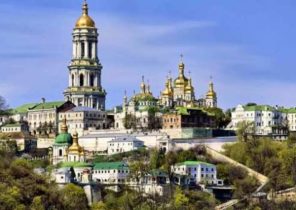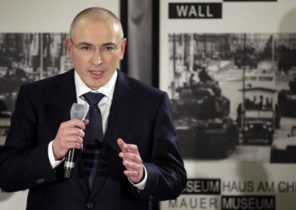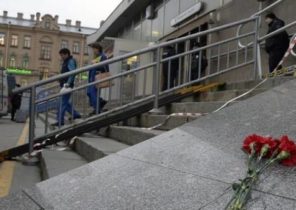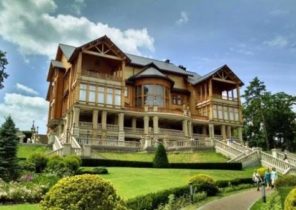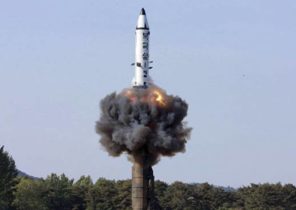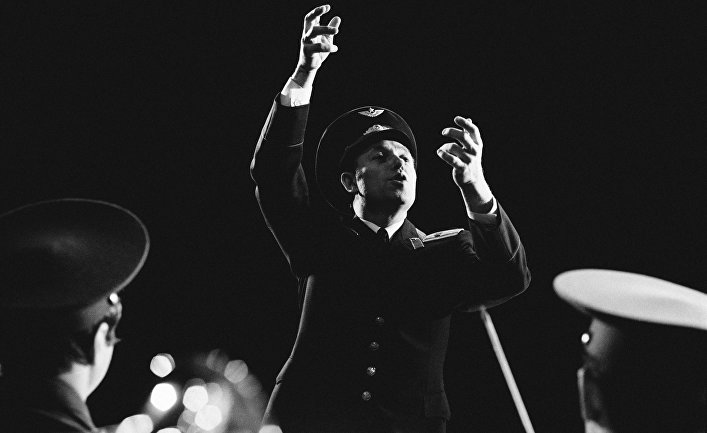
They are awarded posthumously and naming the streets. However, greater glory than they had in life, members of the military Alexandrov ensemble will not acquire. Soldiers, Russian nationalists, military representatives of great Soviet legacy, but great musicians, great dancers and fathers. They are a phenomenon, whether a plus sign or a minus sign.
In 2012, I accompanied them on a tour of a number of Czech cities where they performed. I spent with them many hours in buses and dressing rooms. Some of them were friendly and humble, others are arrogant, some are suspicious. One of them, the woman took for Ironing the forms, told me that he was from special service, the FSB, so the lack of hearing could not restrain him. Some who began on Sunday a victim of the crash, we were texting.
It seems to me that lately they no longer perceive their work as solely a source of good earnings or just an opportunity for creative growth. After the occupation of Crimea by the Russian army, a military support of the separatists in the Donbas and military invasion of the Russians in Syria, their songs have acquired additional quality. From their statements, discussions and comments in the media, I realized that of those who lately were more pop singers than symbols of the invincibility of the Russian army, they again turned to the proud carriers of the Soviet traditions. And in Syria, they also flew, as stated in the military order, “to raise the morale of Russian soldiers.” Has not reached and not raised.
The strongest impression made on me low short-tempered conductor Igor Ivanovich Rayevsky. The one that talked about the ensemble: “It’s a Russian singing a weapon”. Old school. He retired and flew to Syria. However, the majority of those who were then in Prague “O2 Arena”, was in the plane flying on Sunday in Syria.
Most famous songs, “Kalinka” and “Katyusha”, Czech halls were singing along with the chorus. In Russian. Some of the spectators cried. Especially when the stage ran an eight year old girl in a military uniform and perfectly completed the impression of quality kitsch.
We love our country
Then I wanted to discuss with senior team members their relationship to occupation. To the occupation of Czechoslovakia in which they are boosting the morale of the Soviet soldiers also took part. Most of them said that he was proud of his former mission. As well as boasts of modern missions.
Rajewski is also a genuine Russian patriot, the viewer of the state Russian television channels, as most of the members of the Alexandrov ensemble. So many of them, of course, believed that Russia liberated Aleppo, and they go there to add to the harsh reality of cheering Syrians some optimism with their martial tunes.
“To you we go with a special treat: you understand me,” he told me four years ago, the soloist Vadim Ananiev, who was nicknamed Mr. Kalinka. He was one of those who on Sunday was in a step from death, but stayed home because his third child was born. It was he who, performing brilliantly in the Vatican song “Polyushko-pole”, brought tears to the eyes of Pope John Paul II.
Ananiev survived, but an outstanding pianist Vladimir Brodsky was on a plane. He abruptly stopped all the accusations of indoctrination of art that is representative of the Russian regime. “We are the representatives of Russian culture,” he told me. “Form? It is not the case. Most importantly, do you know how to sing or not, and you know why they sing. We love our country and singing praise her.”
